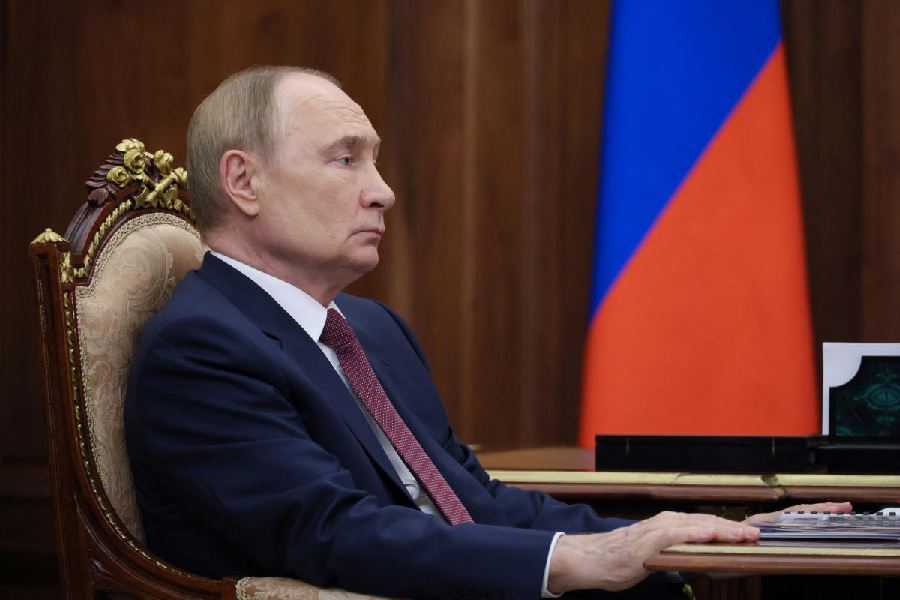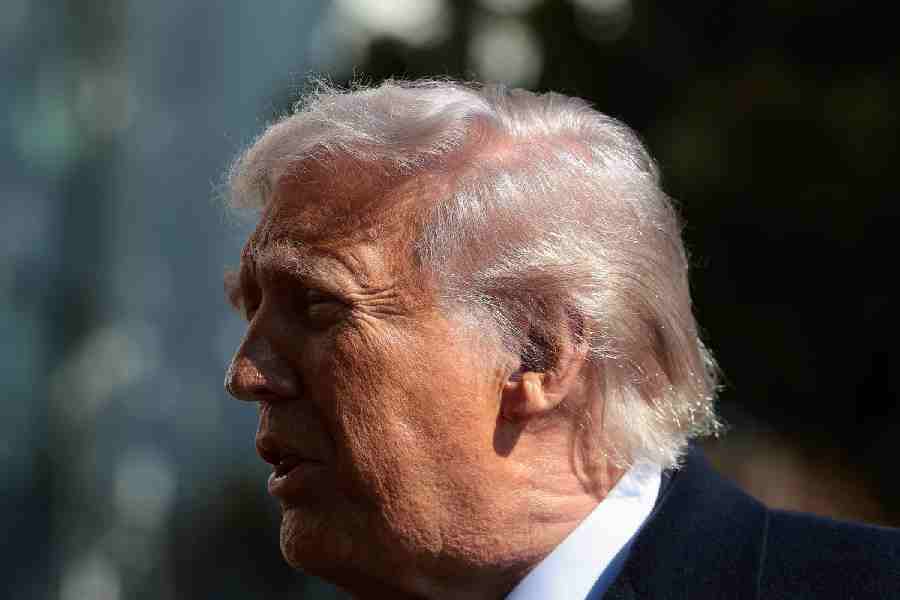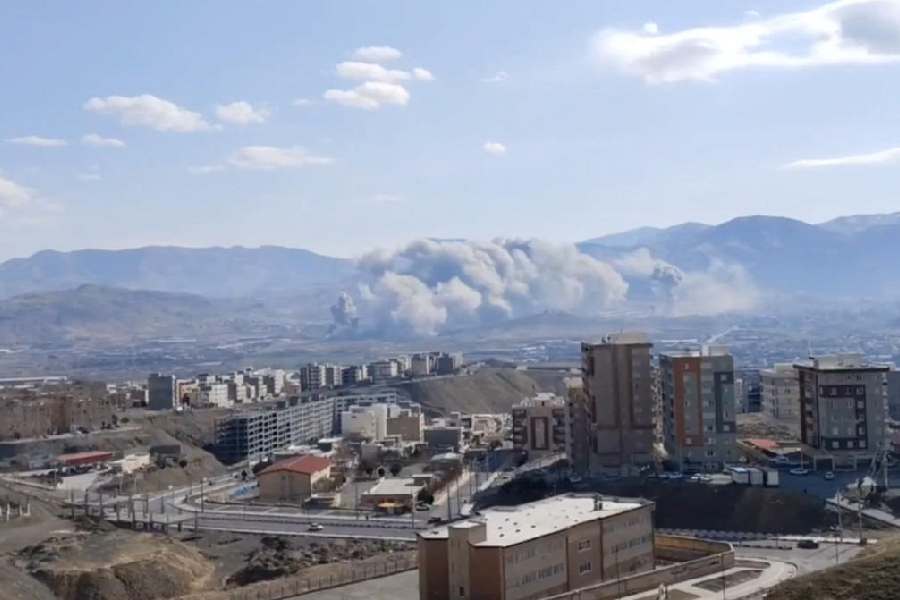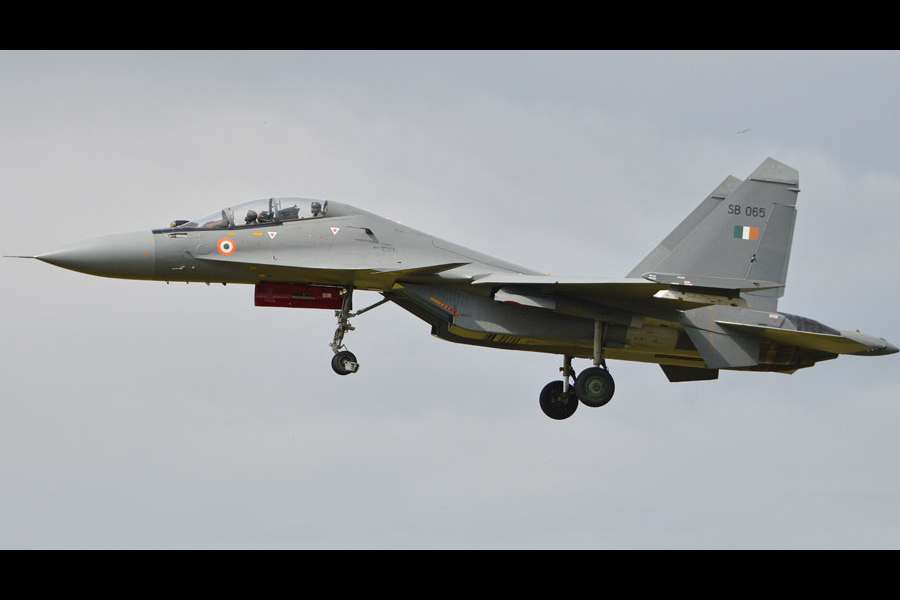Russia’s foreign minister, Sergey V. Lavrov, and the country’s state-run news media on Tuesday played down the prospect of a direct meeting between the leaders of Russia and Ukraine, a day after President Donald Trump said that he had initiated steps for a bilateral meeting between them.
Russian state news media barely mentioned the possible meeting in coverage of Monday’s talks between Trump, President Volodymyr Zelensky of Ukraine and European leaders at the White House. Instead, reporters and commentators largely portrayed the meetings as proof that Trump was nudging Zelensky and European leaders to accept Russia’s terms to end the war.
In an interview on state-run television on Tuesday, Lavrov said that while Russia was not against a bilateral meeting between Zelensky and President Vladimir V. Putin of Russia in principle, “any contacts involving top officials should be prepared very carefully”.
Lavrov also referred to Zelensky dismissively as “this character” and “this man”, and suggested that the Ukrainian President must repeal laws that the Kremlin believes curtail the rights of Russian speakers in the country before entering into direct negotiations with Putin.
Lavrov’s comments suggested that Moscow may be treading a fine line to make sure it doesn’t offend Trump or undermine his efforts to bring the war to an end, and offer a semblance of progress.
Yuri V. Ushakov, the Kremlin’s foreign policy aide, said after Monday’s White House talks that Trump and Putin had a call in which they discussed “exploring opportunities to bring more senior officials from both Ukraine and Russia into these direct talks”. He made no mention of whether Putin himself would participate.
Ushakov’s comments, published by the Kremlin, suggested that Russia was offering these talks with more senior officials as the next step in the peace process.
This year, Russia and Ukraine have conducted three largely inconclusive rounds of direct talks in Istanbul, the first such direct and public negotiations since the beginning months of the war. Ukraine and its European allies have criticised the Kremlin for sending a less senior delegation headed by Vladimir R. Medinsky, Putin’s aide and former culture minister.
On Tuesday, Russian state news media portrayed the European leaders who attended the White House meetings as being dependent on Trump. The news media elevated Putin’s sway over the talks by saying that his “invisible presence was felt” at the meetings in Washington.
“The opinion of Russia and Putin has been key” during the talks, said Boris Chernyshyov, a Russian lawmaker, during a show on Channel One. He said Europe “had failed to pull” Trump “into its camp”.
According to Andrei Nikulin, a Russian political commentator, the Kremlin wants to drag out the process for as long as possible without angering Trump.
In a post on Telegram, a social messaging app, Nikulin said that Russia would first insist on another meeting between the Russian and Ukrainian delegations.
New York Times News Service











